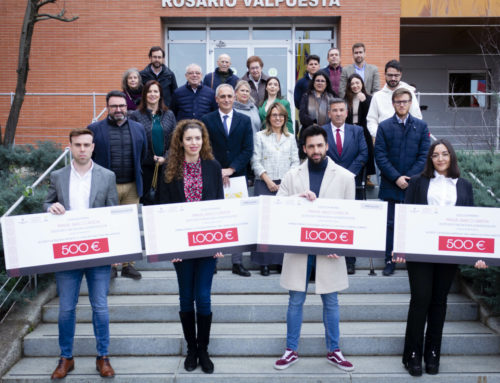For the detection of the SARS-CoV2 virus, RT-PCR tests have been used since the beginning of the pandemic to determine the genetic material of the virus in the most sensitive way, but they require qualified staff and laboratory instruments, taking several hours or some days to have available post-sampling results when samples need to be transported to a laboratory. On the other hand, rapid antigen and antibody tests were developed a few months later, and they allow to have very useful information for the course of the infection in less than 15 minutes in a simple, way outside the laboratory, allowing screening without so much dependence on special facilities.
RT-PCR
The RT-PCR method is the gold standard for the detection of the SARS-CoV-2 virus, due to its ability to directly measure fragments of the genetic material of the virus (RNA remains), its specificity and sensitivity. However, it is a test that usually takes hours and requires specialized staff and equipment.
This test indicates the presence or absence of the virus in the sample that is analyzed. Due to its high sensitivity, it can give a positive result in infected people before the characteristic symptoms of COVID-19 begin to appear. It should give a negative result when the person has recovered from the infection, although it is sometimes possible to detect non-infective genetic material several weeks after passing the disease, although with a very low risk of contagion.
Antigen test
Antigen tests, unlike RT-PCR-based methods, detect viral proteins (glycoprotein S, protein M). These are somewhat less sensitive tests than PCR (the best ones require a viral load of 10-100 more viral particles than RT-PCR). However, it has numerous advantages such as: fast results, less need for specialized staff, in addition low cost. It has been described that, although they have less sensitivity than RT-PCR, the frequent use of antigen tests could help more than PCR to identify infected, even though they detect 100 times fewer viral particles (citation). The frequency of testing and the speed of obtaining the results are more important than the sensitivity of the method – for these differences in sensitivity -.
Like PCR-based methods, antigen tests only reveal active viral infection, not recovery status. They are highly effective tests for the massive screening of possible asymptomatic positives in specific settings (work, education) or the differential diagnosis of common respiratory diseases, such as colds or flu.
Antibody test
The antibody test can detect the concentration of IgM levels, produced in the first days of infection; and IgG, produced later and are indicative that they have been infected for several days or that the infection has passed. Unlike previous tests that pursue the detection of the virus or fragments of it, the antibody test determines if an immune response has been produced against the virus. In short, antibodies produced against certain proteins of the virus are detected. It is a test that produces results quickly, and is very useful to detect who has already passed the infection, and sometimes to detect false negatives of PCR. Therefore, we can say that:
– If you want to determine if an individual is infected, you would have to perform a PCR test or a rapid antigen test.
– If there are symptoms in “full wave” and they have been negative in RT-PCR, cases of COVID-19 with negative RT-PCR can be revealed, that is, false negatives in PCR can be corrected.
– If you want to know if the infection has been passed, tests must be carried out to determine the presence of antibodies, using an antibody test.
Due to its high sensitivity and specificity, the test of choice for the detection of the SARS-CoV-2 virus is RT-PCR, this, together with the antibody tests, can give us an idea in which phase of the infection is the infected person.
References:
Larremore DB, Wilder B, Lester E, Shehata S, Burke JM, Hay JA, Tambe M, Mina MJ, Parker R. Test sensitivity is secondary to frequency and turnaround time for COVID-19 screening. Sci Adv. 2021
Gestoso-Pecellín, L., García-Flores, Y., González-Quintana, P., & Marrero-Arencibia, J. L. Recommendations for use of the diverse tests for detection of SARS-COV-2 infection. Recomendaciones y uso de los diferentes tipos de test para detección de infección por SARS-COV-2. Enfermeria clinica. 2021





